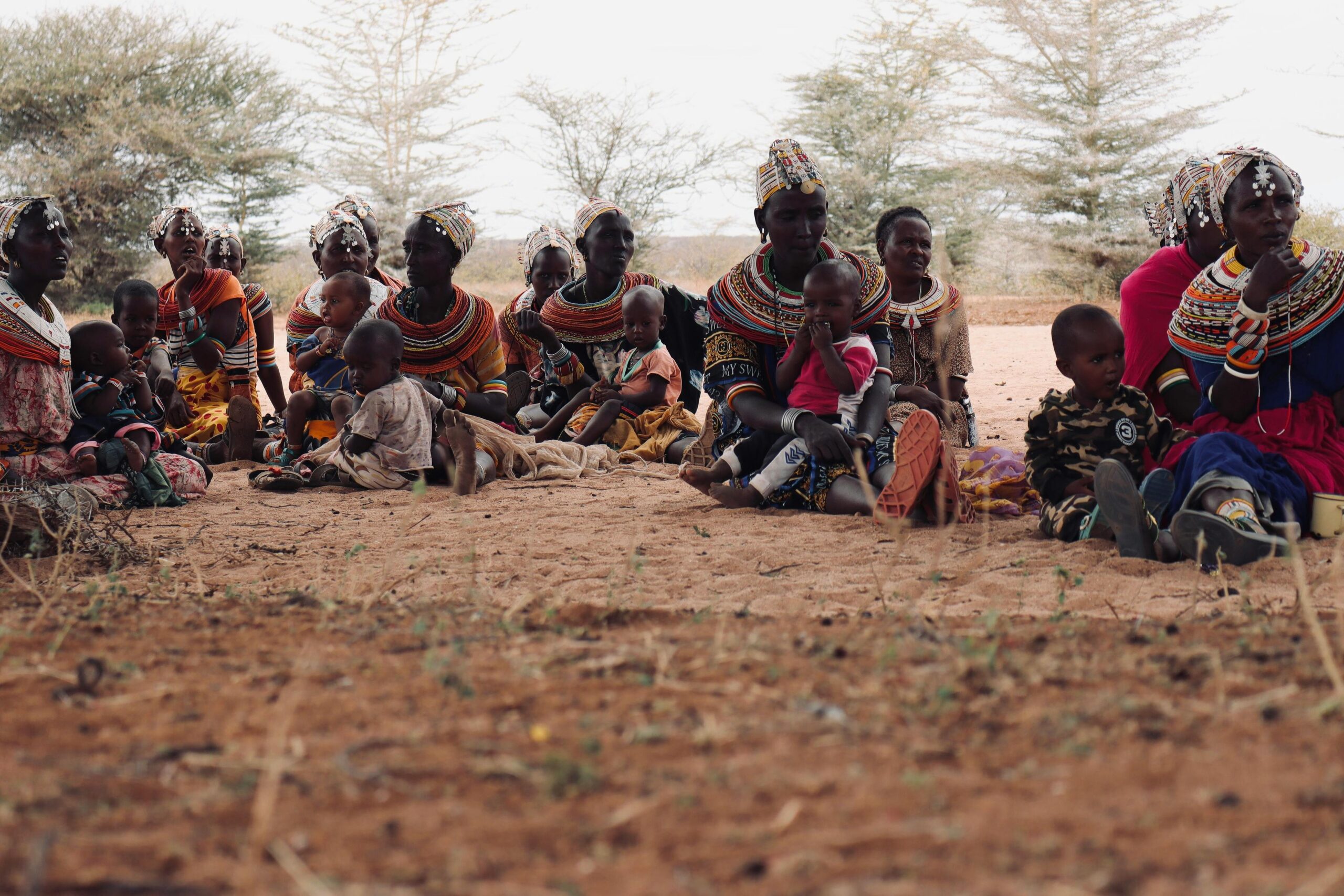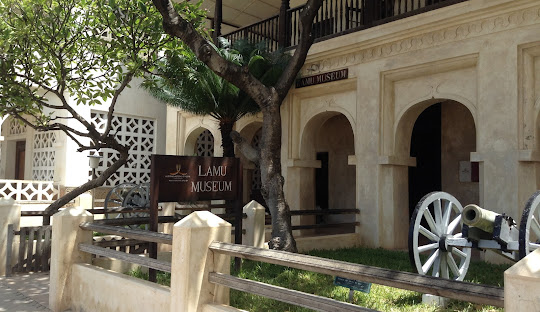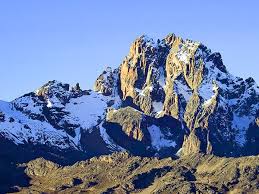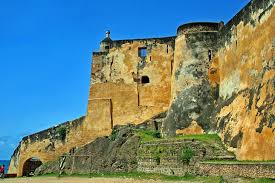Back To Our Roots
support@afme-futureleaderschallenge.com
Kenya boasts a rich and diverse cultural heritage, shaped by over 40 ethnic groups, each with its own unique traditions, languages, and artistic expressions. From the rhythmic beats of traditional music and dance to the vibrant colors of local crafts, Kenya's culture is a vivid celebration of community and identity. Culinary delights such as ugali and sukuma wiki showcase the country’s agricultural bounty, while festivals like the Maasai Mara Cultural Festivals unite people in honoring their shared history and traditions. This dynamic cultural landscape not only enriches the visitor experience but also fosters a profound appreciation for the heritage that defines Kenya.





Kenya is home to several UNESCO-recognized sites and areas of significant interest to tourism. These locations are renowned for their cultural, historical, and natural significance. Here are some examples:


